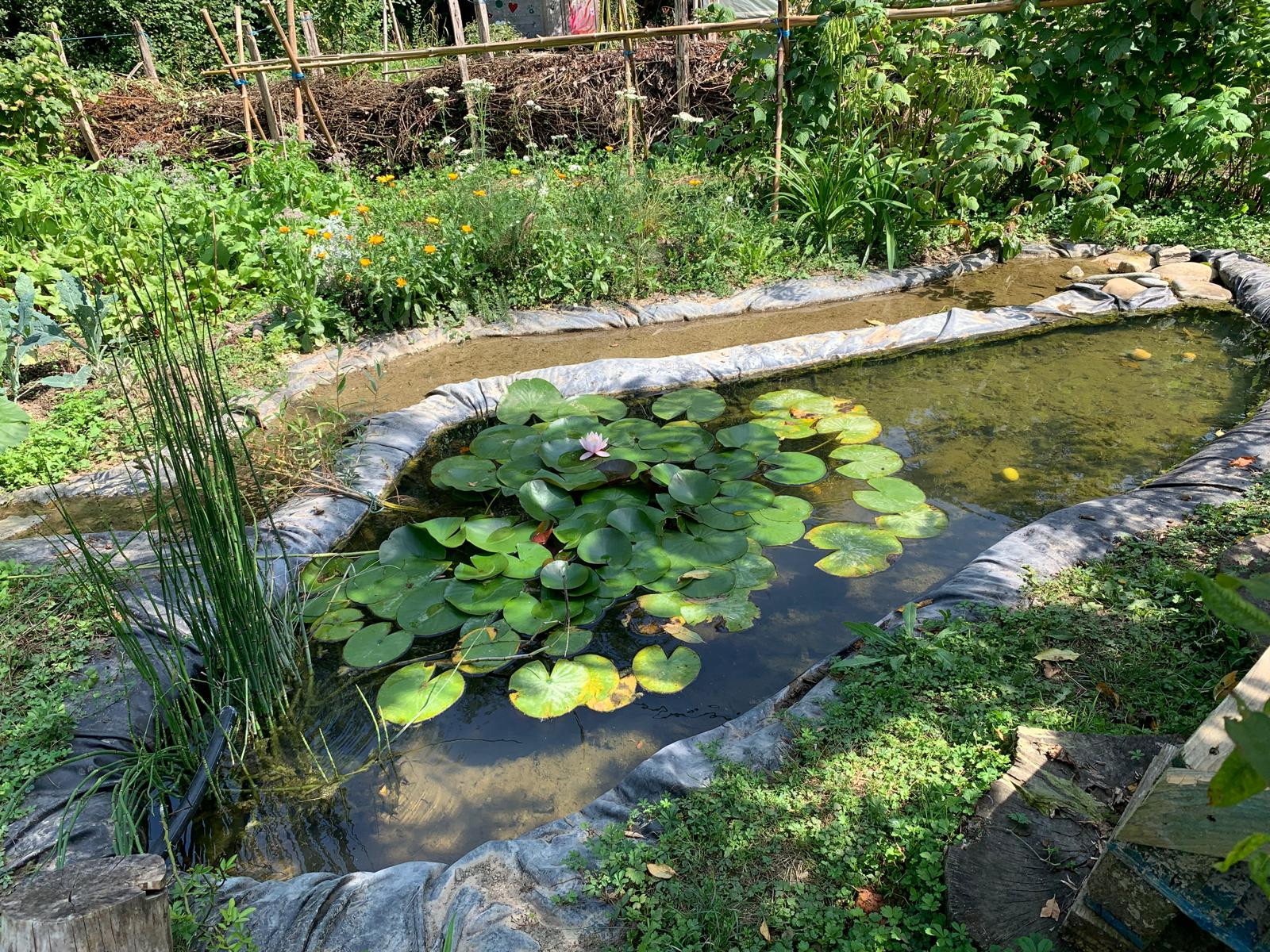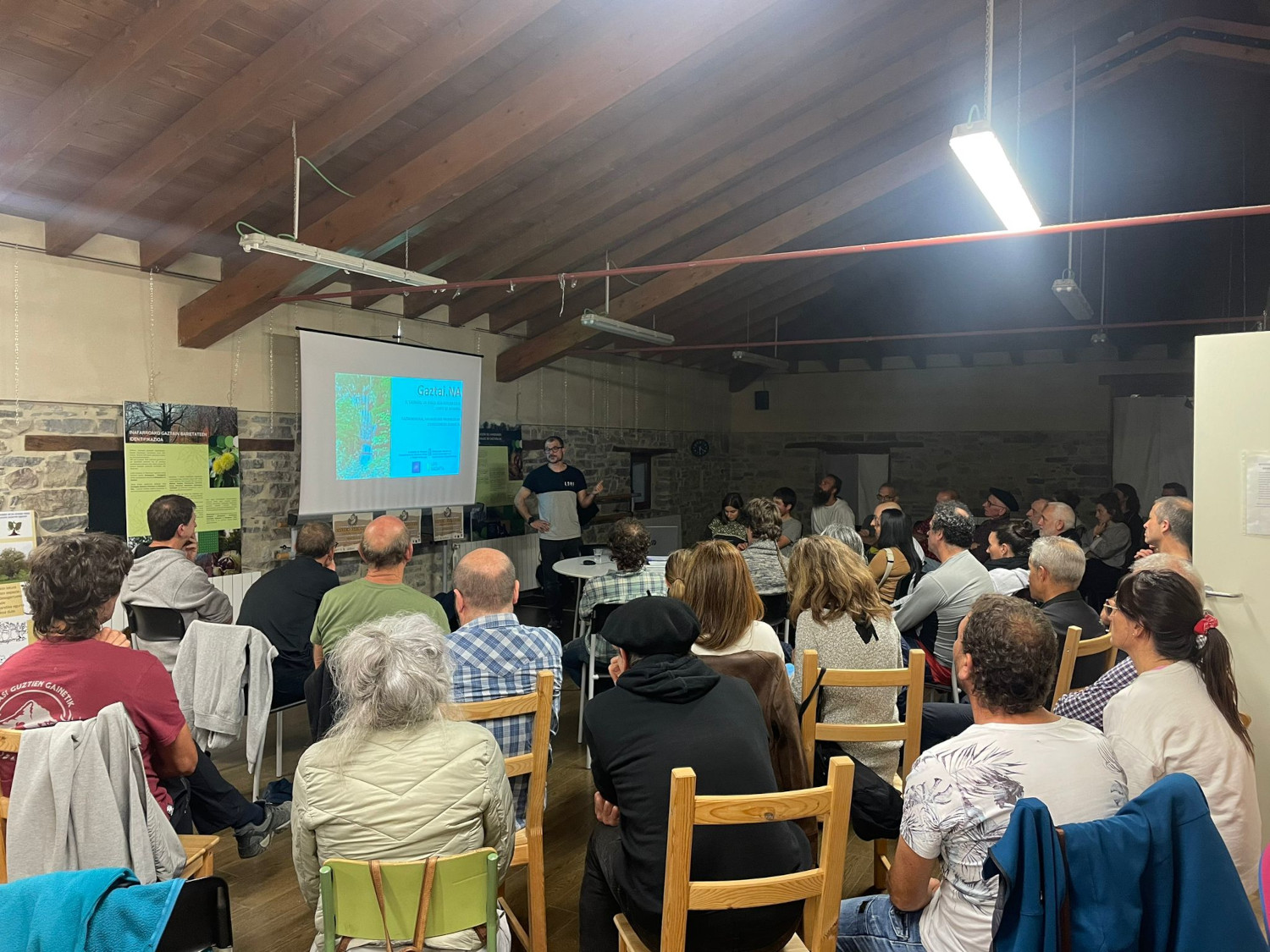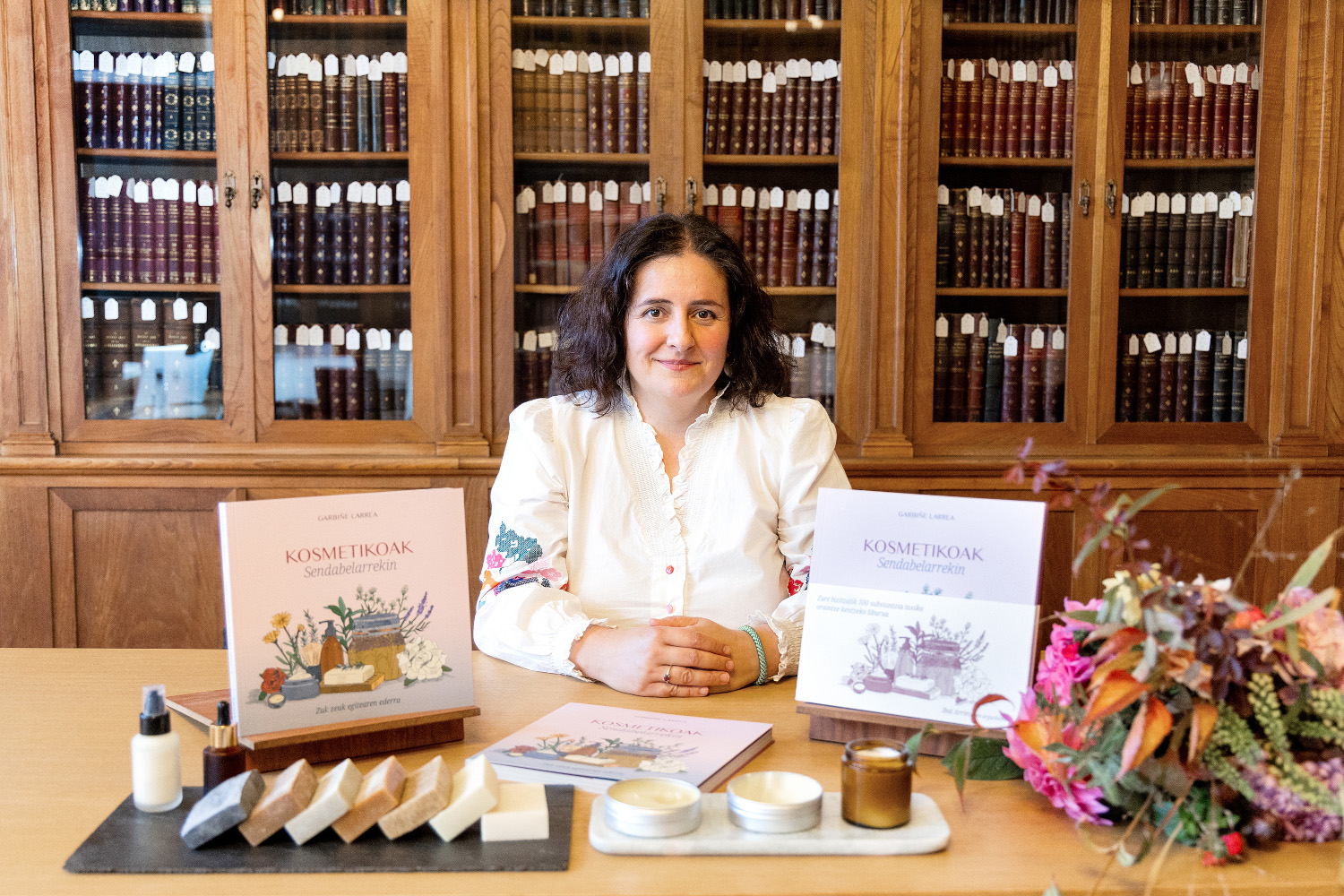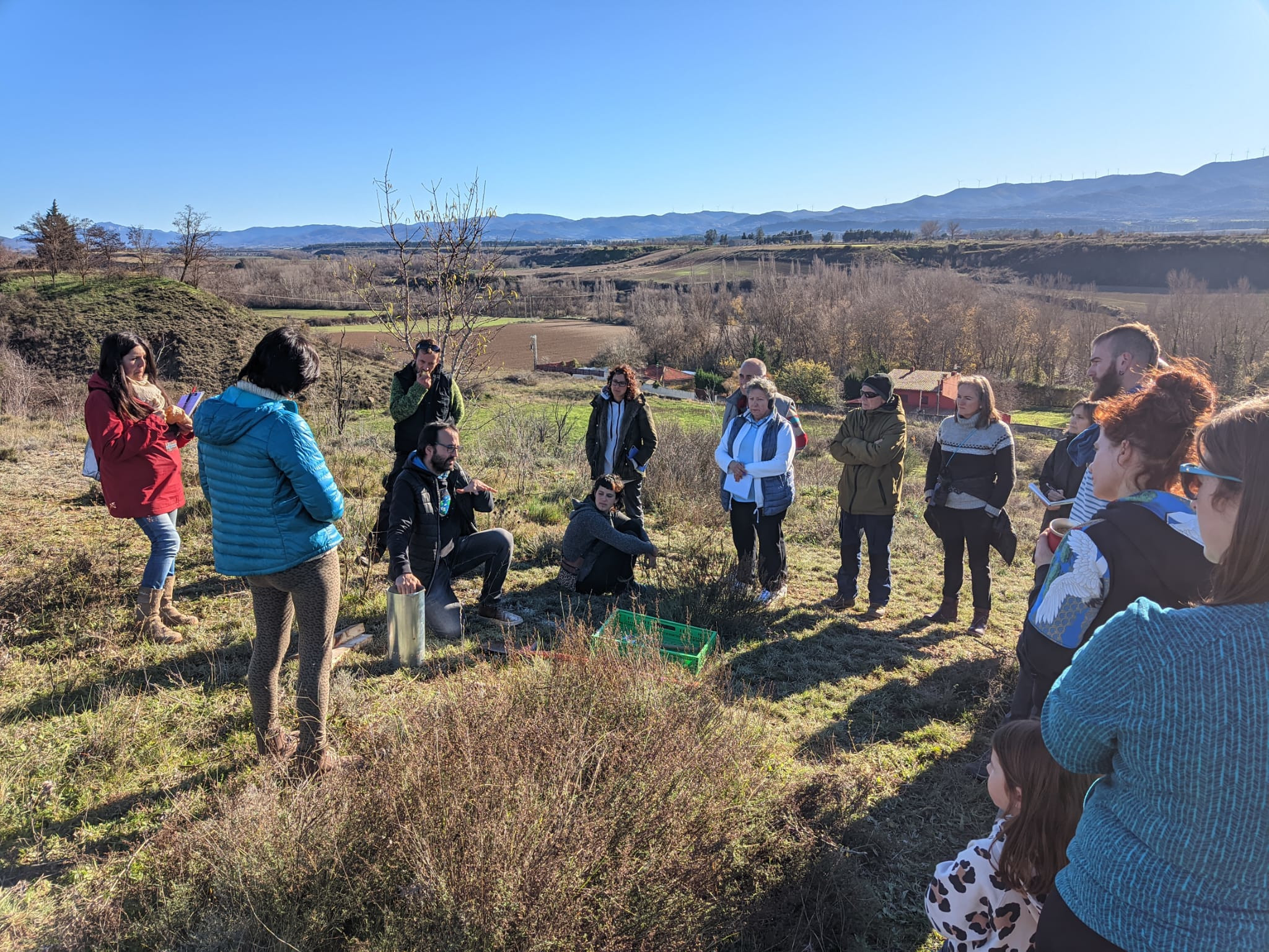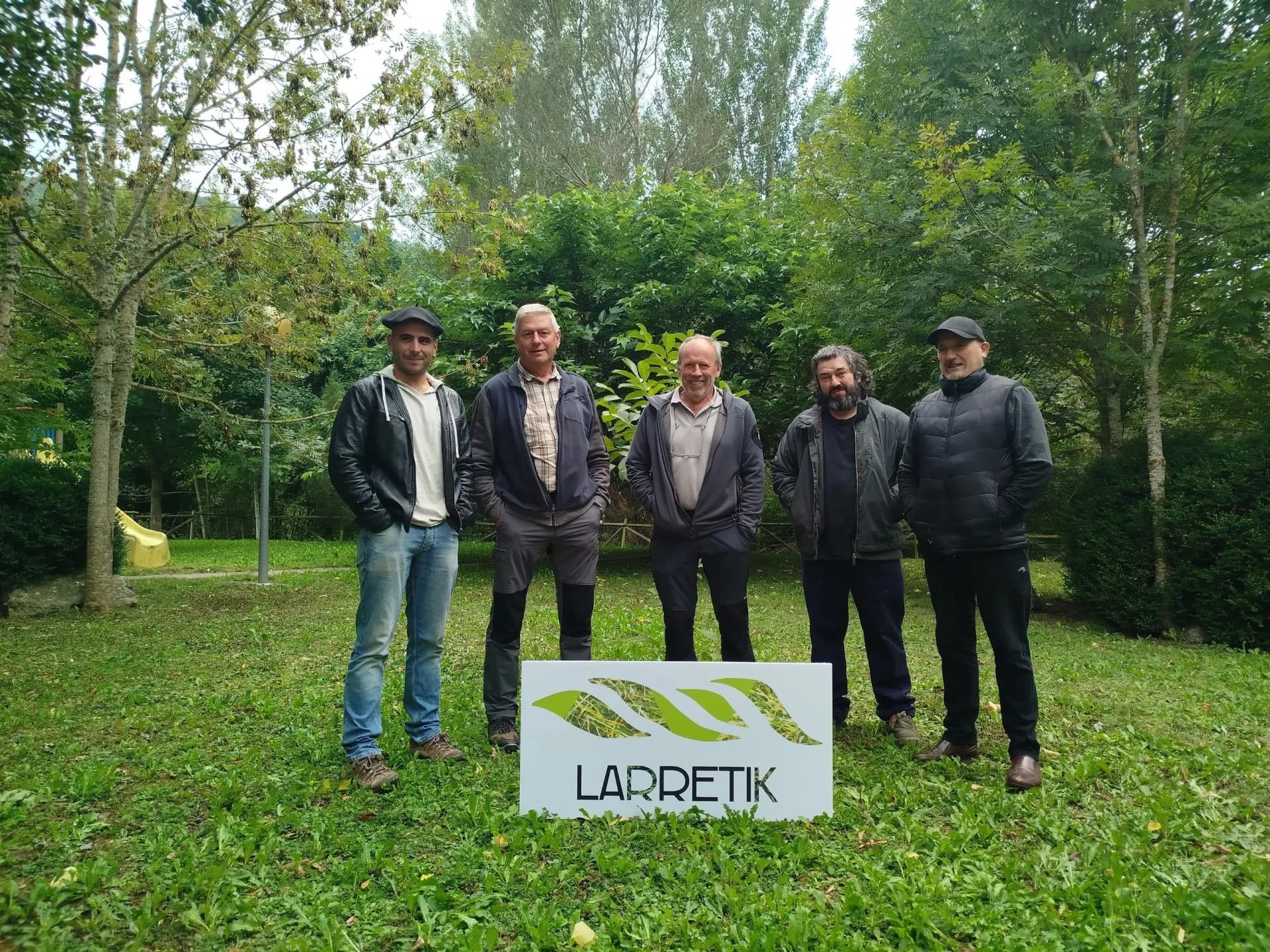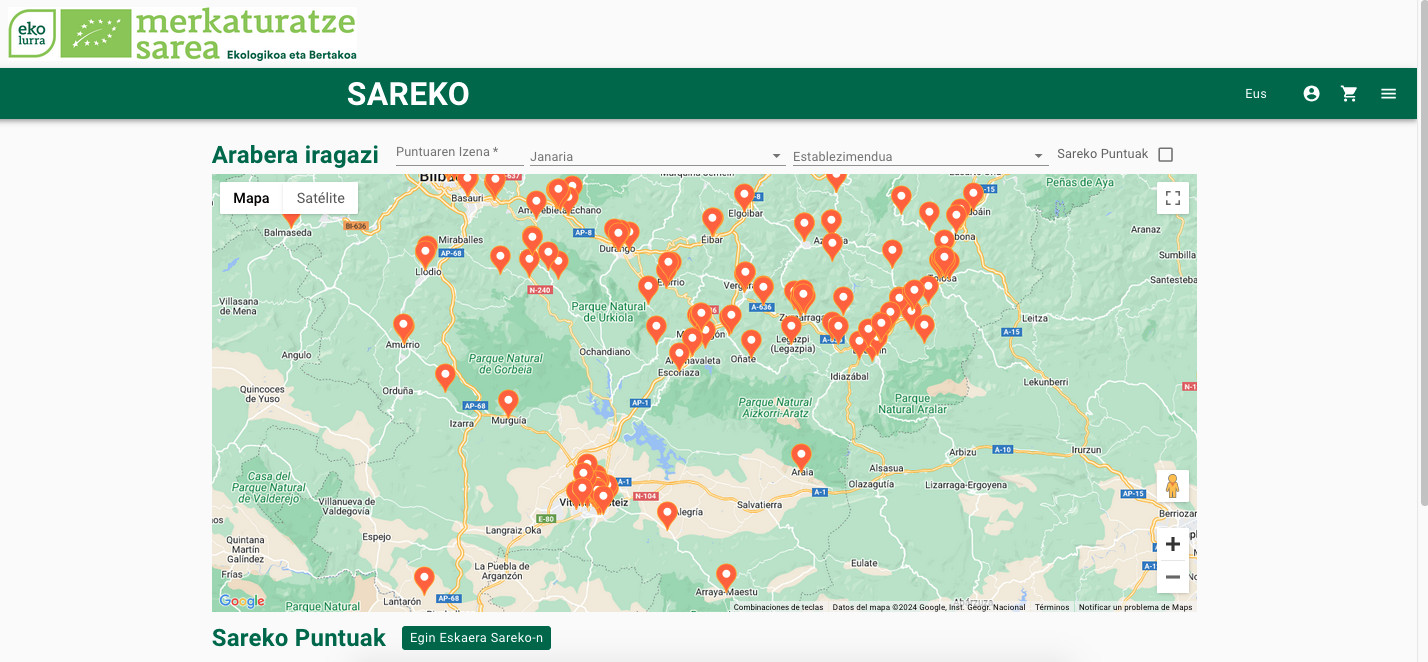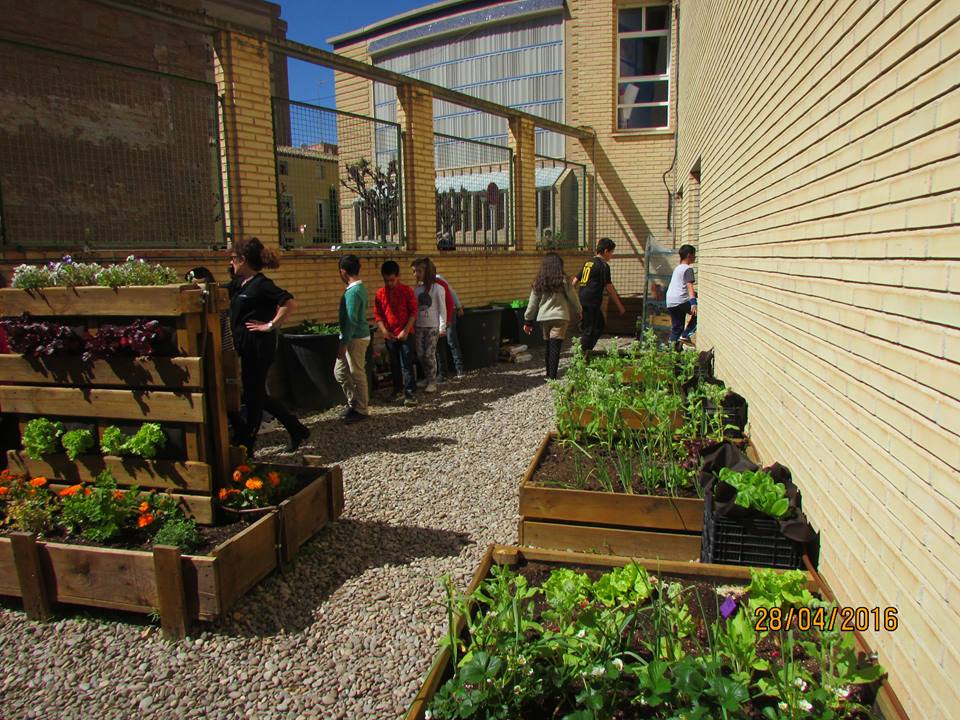
Artichokes, asparagus and piquillo peppers. Among the first things that many of us think about when we talk about the Ribera de Navarra are these sweet vegetables. “Although agriculture is thought to be the protagonist in this region, in reality people and children are increasingly far from the rural world.” These are the words of the member of the Helianto Diego Blanco Nayas association. The group was created in 2014 with the objective of disseminating environmental and sustainability values in the region.
School gardens project
The Ribera
School Gardens Network is one of the projects launched by the Helianto Association. The public schools of Elvira Spain and Arguedas, in Tudela, were the first to propose the creation of ecological gardens. Given the good response of the cloisters, the garden was introduced for the first time in school activity in the past year. With the help of the Government of Navarra in November 2016, the school orchards network has now been extended to seven public schools: Villafranca, Arguedas, Ribaforada, Cabanillas and the three schools of Tudela.En the school of Arguedas
are also creating a “reference garden”. The aim is to bring together all the elements that a school garden should have to serve as an example to schools that want to set up similar projects. This project is almost finished: greenhouse, well, vertical garden, aromatic and fruit herb areas, “insect hotel”, compost boxes and an open garden room to teach.
Growing the garden, educating in the garden
“We understand the school garden as one more classroom in the center, a place where the students acquire skills and values”. The approach of the network is a classroom in a nice environment, a different and nice space. According to Blanco, the study of the orchard can be divided into two parts. On the one hand there is the skill with which the students would work the garden (using criteria of organic farming) and on the other, the role of the garden as an educational tool: working values such as coexistence, autonomy, solidarity or teamwork.
“The objective goes beyond the concept of agroecology: it is also about working on food sovereignty, biodiversity or energy sovereignty,” explains the member of the Helianto. In short, let the garden be an environmental awareness classroom.










